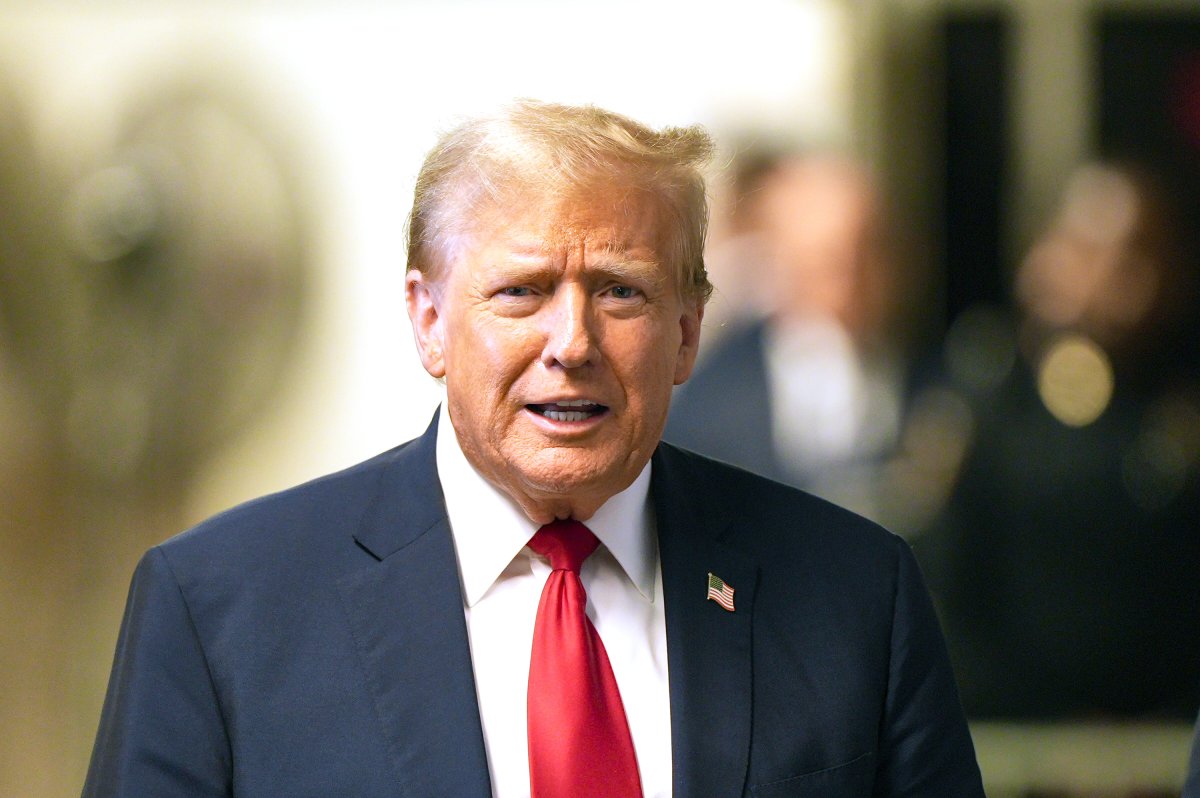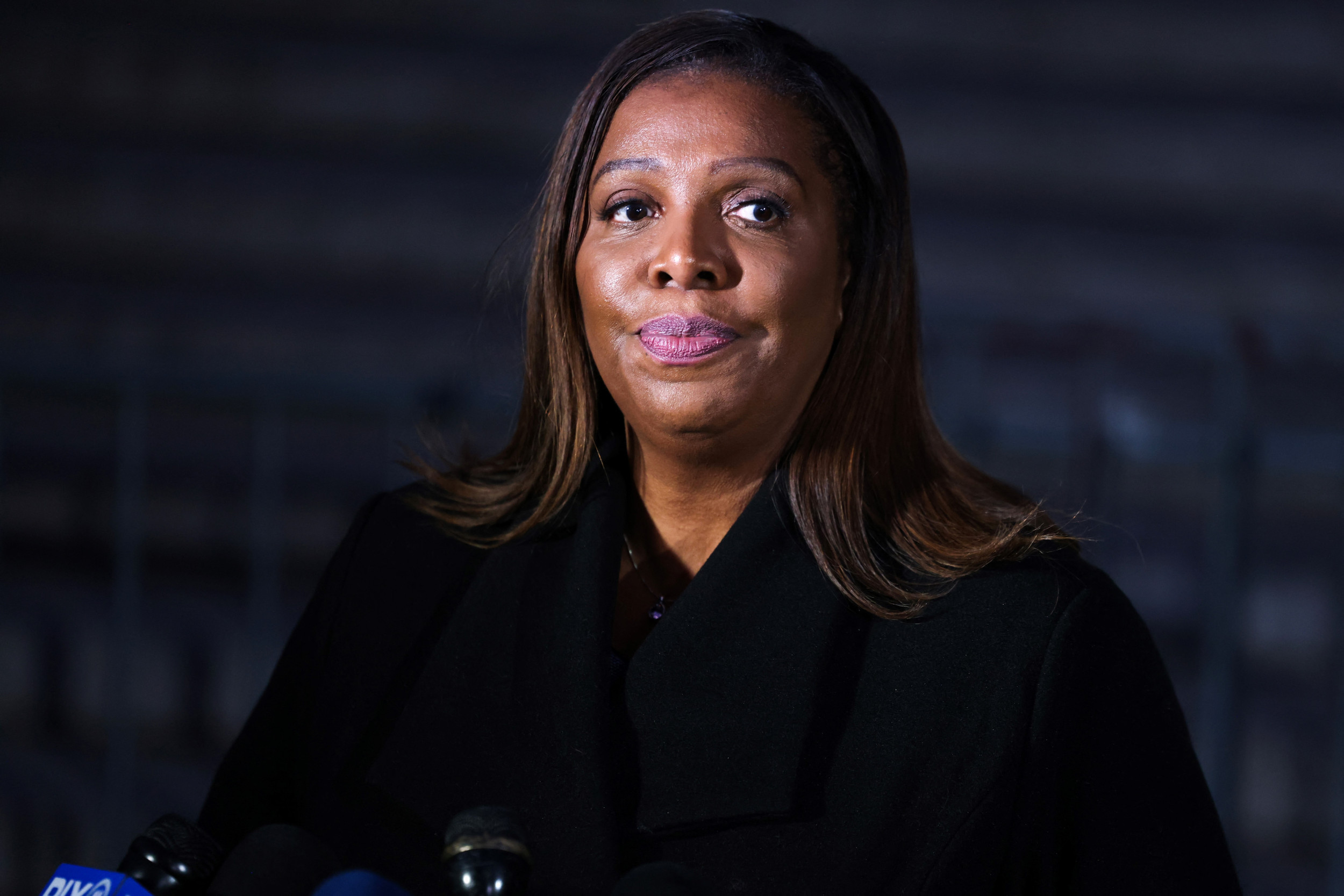The Supreme Court will hear oral arguments this Thursday on the issue of whether former President Donald Trump can be criminally prosecuted for his efforts to overturn the results of the 2020 presidential election.
To say that the approximately 90 minutes of arguments we can expect on Thursday is of immense significance would be a massive understatement, even in the context of the legal maelstrom in which Trump finds himself literally today.
The legal significance of the oral argument is that it will determine if a former president can be held accountable for alleged criminal actions taken while in office.
Trump, through his counsel on Thursday, will argue in front of a 6-3 conservative Supreme Court that as a former president, he enjoys absolute immunity from criminal prosecution for any actions he took during his time in the White House.

Trump's counsel will surely point to the Supreme Court's 1982 decision in Nixon v. Fitzgerald, which granted former President Richard Nixon immunity from civil lawsuits over his official acts as president. Trump's lawyers contend that the same principle should apply to criminal cases, shielding him from prosecution.
Attorney Michael J. Epstein points out that "Former President Trump's lawyers will also look as far back as 1803 to the Court's ruling in Marbury v. Madison, to argue that the Court's decision there established that the president's official acts are immune from judicial review."
But this is going to be a massive legal, intellectual, and practical set of hurdles for Trump's lawyers to clear, as the lower courts firmly rejected Trump's immunity claim.
The D.C. Circuit Court of Appeals unanimously decided that former presidents are not perpetually above the law, stating, "we cannot accept that the office of the presidency places its former occupants above the law for all time thereafter." The court further explained that allowing such extensive immunity would undermine the balance of powers by making the president unreachable by judicial or legislative branches.
Special Counsel Jack Smith, leading the prosecution, has appealed to the Supreme Court to quickly dismiss Trump's claim of immunity. Smith argues that the charges are critical to the integrity of democracy and that any delay would undermine public interest in achieving a prompt and fair trial. He maintains that Trump does not have a legitimate constitutional basis for using criminal acts to prolong his term after an election defeat.
During the oral arguments, the justices are expected to rigorously question both parties about the extent and boundaries of presidential immunity. Trump's lawyers are likely to claim that a president needs to be able to make decisions without the concern of future criminal charges, arguing that prosecuting a former president could bring a "chilling effect" that would deter the office's effectiveness.
This notion of an unintended deterrent is compelling because of how malleable it is. There is little chance that the prosecution is going to be able to draw a line in the sand on what a president can and can't do while in office as every president makes judgment calls in office that history later judges but, so the argument goes, the law probably shouldn't.
But back to reality rather than political theory, the kinds of criminal acts in issue here, including fomenting a political coup, aren't the stuff of a borderline call. So, I think we should fully expect the prosecution to successfully argue on Thursday that there can be no immunity for a president who engages in criminal conduct to subvert the democratic process and unlawfully cling to power.
The prosecution is also expected to argue that the charges against Trump extend beyond his official responsibilities and involve private, corrupt actions. Smith might also point out that the Supreme Court has previously acknowledged exceptions to presidential immunity, such as in cases involving criminal subpoenas, suggesting that the same principle should be applicable in this case.
A ruling in Trump's favor could significantly hinder the ability to hold former presidents accountable for criminal actions, potentially creating a dangerous precedent. Conversely, a ruling against Trump would reinforce the principle that no one, including a former president, is above the law. That's why I have argued that Thursday isn't really about Trump at all, it's about whether we (collectively but led by the Supreme Court) are willing to do the work to affirm that the Rule of Law is sacrosanct.
Regardless of the outcome, the Supreme Court's decision will carry significant consequences. If Trump is granted immunity, it might theoretically encourage future presidents to act unlawfully without fear of repercussions. On the other hand, if the Court supports the lower courts' decisions, it would reinforce the message that the rule of law uniformly applies to everyone, including those at the highest levels of government.
The timing of the Court's decision is critical, as it could significantly influence the 2024 presidential election. If Trump is permitted to stand trial, it could greatly disrupt his campaign and his ability to run for office again. Conversely, a ruling in his favor could enhance his political standing and improve his chances of winning the presidency once more.
The piece we can never forget but I strongly feel is being overemphasized as we race towards this Thursday, is the 6-3 composition of the Court. To put it as bluntly as possible, I think that even an 8-1 Conservative majority here isn't going to side with Trump on the immunity issue.
No matter how shiny Trump's counsel will argue that Nixon and Marbury are, they're not. What's fundamentally at stake here is actual democracy. Not the theoretical brand of democracy, but rather democracy in a game situation. If we allow history to push the law to extend the reasonableness of what a president can and can't do in office, it's probably something we can't rebound from—which is by its seriously doubtful that the Supreme Court will test my thesis this week.
About Aron Solomon
A Pulitzer Prize-nominated writer, Aron Solomon, JD, is the chief strategy officer forAmplify. He has taught entrepreneurship at McGill University and the University of Pennsylvania, and was elected to Fastcase 50, recognizing the top 50 legal innovators in the world. Aron has been featured in Newsweek, Fast Company, Fortune, Forbes, CBS News, CNBC, USA Today, ESPN, Abogados, Today's Esquire, TechCrunch, The Hill, BuzzFeed, Venture Beat, The Independent, Fortune China, Yahoo!, ABA Journal, Law.com, The Boston Globe, and many other leading publications across the globe.
The views expressed in this article are the writer's own.
Uncommon Knowledge
Newsweek is committed to challenging conventional wisdom and finding connections in the search for common ground.
Newsweek is committed to challenging conventional wisdom and finding connections in the search for common ground.
About the writer
To read how Newsweek uses AI as a newsroom tool, Click here.








